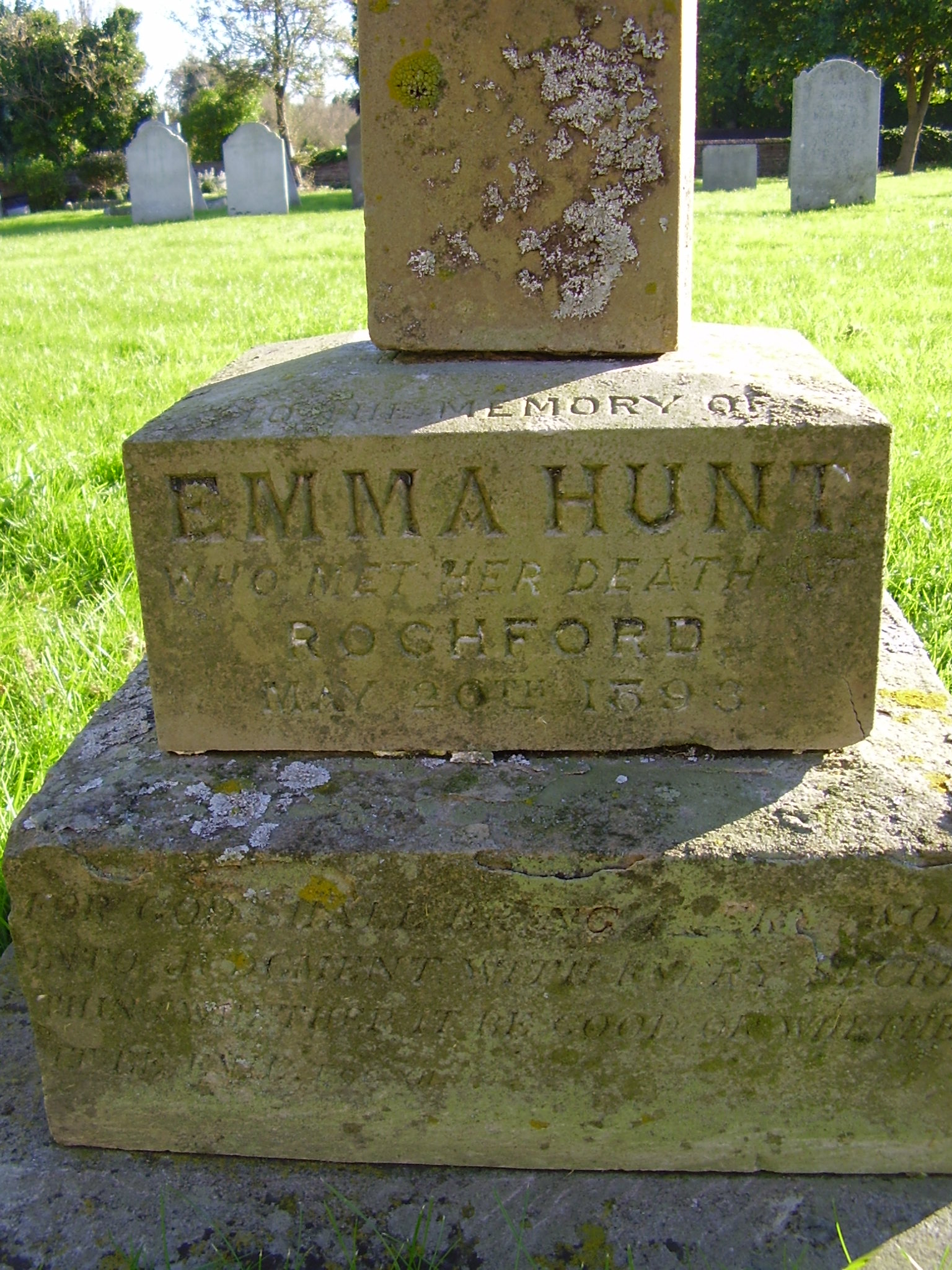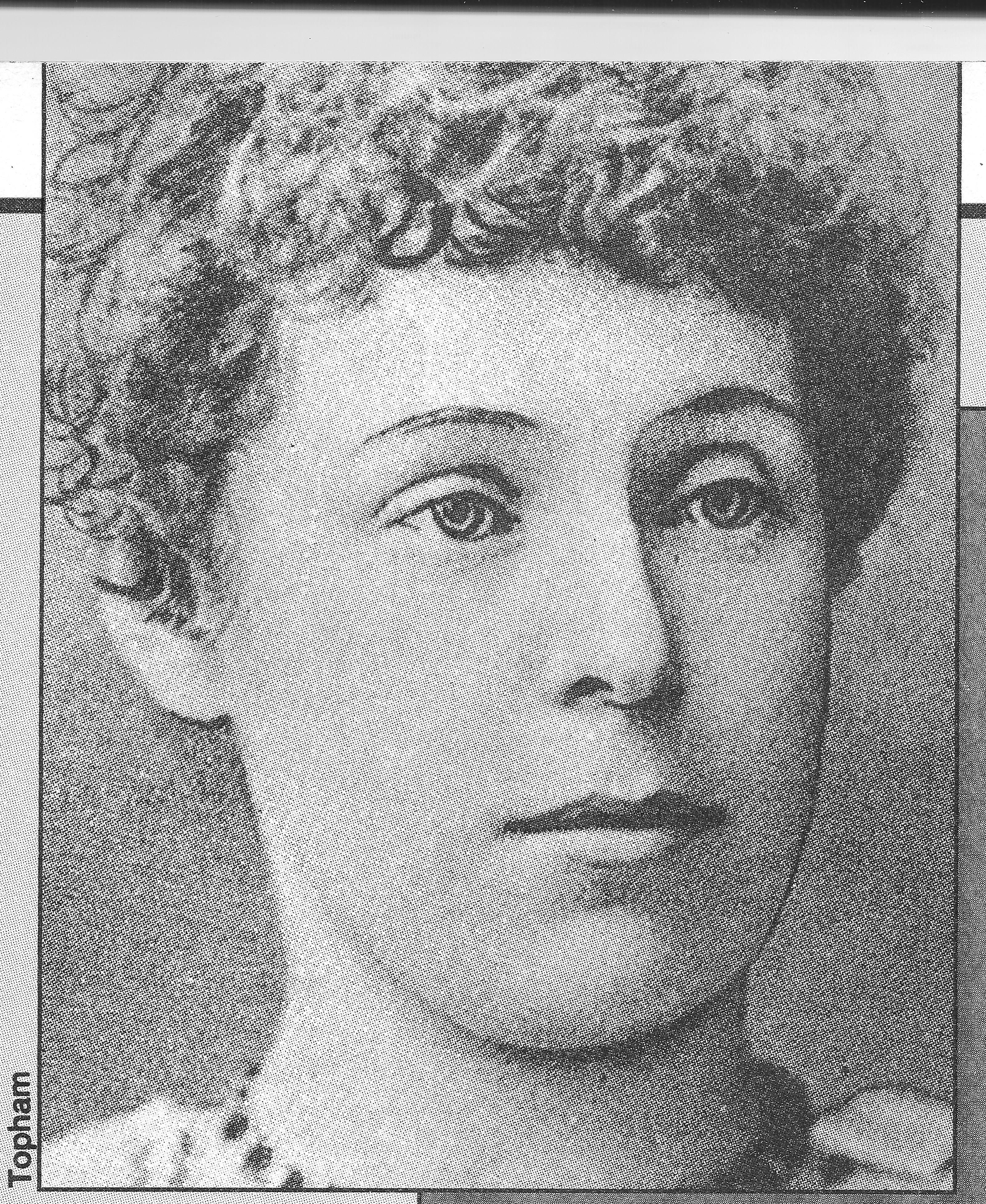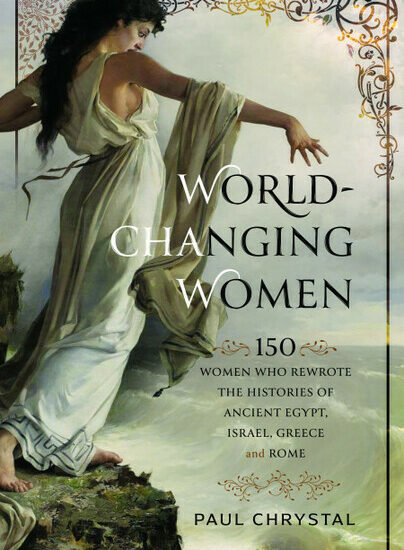Author Guest Post: Dee Gordon
I have always been fascinated by women and crime, and they feature in both of my books published by Pen and Sword, i.e. Bad Girls from History and Foul Deeds & Suspicious Deaths in & Around Southend on Sea as well as in books I have written for other publishers. I have even written a number of poems on the subject, featuring such women as Moll Cutpurse and Ruth Ellis, Cynthia Payne and Mary Ann Cotton!
The difference between the women featured in the local history (Foul Deeds in Southend) and the more widely focused Bad Girls is not just their location, but that the former features women as victims and the latter with women as the perpetrators. It was very common for cases of murdered women to remain unsolved (less common today, but not unheard of) prior to the 20th century, given the lack of progress in forensics, with Jack The Ripper obviously the most famous of these unidentified culprits. While his story is oft repeated in many formats, many other mysteries remain including that of the murder of Emma Hunt (in Foul Deeds) in 1893. She was virtually decapitated in an open, exposed area but with no witnesses, although a local man was seen nearby and convicted on circumstantial evidence but set free (from what would have then been a death sentence) because of its weakness. Were her family ever satisfied with this conclusion? Such questions about this, and other, unsolved crimes leave conclusions open to mere supposition by local historians such as myself, and the truth is unlikely to ever be revealed.

Women as perpetrators is perhaps an even more fascinating subject, and not one indulged by most crime fiction writers. Is this because women as murderers (e.g. Rose West or as instigators of violent attacks (e.g. Boudicca) are often in league with a male (West), or provoked by a man or men (Boudicca). Such provocation includes domestic abuse and familial revenge. Or is it because if Richard Osman – say – wrote about a spate of serial killings and the transgressor was a woman, it would just not be believable?! I found it particularly illuminating to research Bad Girls from History because so many of these woman were almost sympathetic figures – sometimes because of their poverty stricken backgrounds (Alice Diamond, the mastermind shoplifter) or the many who were subjected to trial by the public (Florence Maybrick’s adultery, when male adultery was regarded as commonplace) preceding similar 21st century trials by social media!

Less sympathetic, perhaps, are the child murderers such as Amelia Dyer (in Bad Girls) and Elizabeth Langham, the latter being one of several I have written about elsewhere, mainly 19th and early 20th century women, with one from the 18th century (Elizabeth Butchill) to establish that nothing is new when it comes to murder. The only twinge of sympathy where this crime is concerned is for those committed by young women giving birth to illegitimate babies when this was in itself seen as a crime, and when they did not have the support or the finance to look after the baby. This particular crime is of course back in the news with the case of Lucy Letby, the nurse who killed many babies in recent years but with no such “excuses” to fall back on. Unlike earlier child and baby murderers, she will not be facing the death sentence.
You do not have to be poor or abused or under male influence to end up as a female law breaker. Think of Mary I – the fervently Catholic Bloody Mary, Unity Mitford (the anti-Semite Nazi beloved of Hitler) and even Jezebel, with religion at the forefront of their diverse criminal activity. All of these, and many more, feature in Bad Girls from History, but I have a file of similar law breakers who I have not yet written up, so I sense another volume in the offing!
Visit Dee Gordon’s website here.

Order titles from Dee Gordon here.
RUTH ELLIS
You shouldn’t have done it.
Despite his reputation,
You shouldn’t have shot him six times –
More like annihilation.
You should have shot off his fingers.
Result: a few years inside.
You should have aimed at his kneecaps
Then you wouldn’t have died.
You knew he was both a brute and a snob.
He could really confuse you.
You subsidised his spending –
The third man to abuse you.
You knew he would never stay faithful to you
And so you were unfaithful to him.
You wreaked biblical vengeance, confessing the truth:
Premeditated, not just on a whim.
You believed to the end in a life for a life,
Accepting the death penalty.
You never considered he should pay for murdering
Your foetus, innocent casualty.
You believed – fool – that there was no future alone
Without him in your life every day.
You died calmly, not knowing that you’d be the last
Woman to be punished this way.

